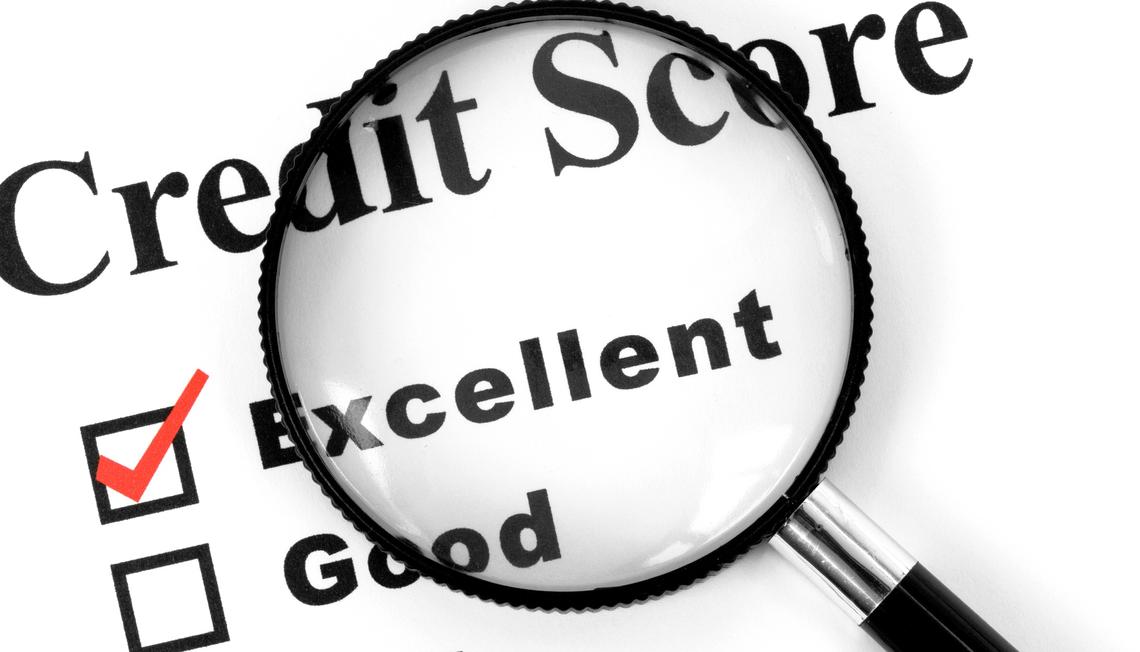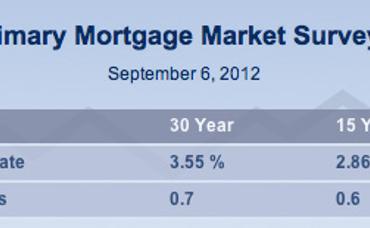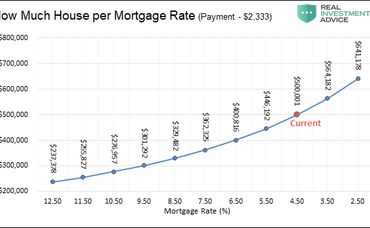Lenders use your FICO credit score to determine your credit worthiness. Any drop in your score could affect your interest rate, the amount required for a down payment, your qualification for certain loan programs, and your ability to qualify for a mortgage.
Lisa Aflalo, Senior Mortgage Banker at NJ Lenders Corp, says the following five mistakes can have the most negative effect on your credit score.
1. Missing or Late Payments – Payment history is the most important factor in determining your credit score. It determines 35% of it! One late payment can actually cause your credit score to plummet by 100 points. Payment history is used by lenders to “predict” future or late payments. The severity of your late payments also plays a role, so bring your payments up to date as soon as possible.
Lisa recommends using “auto-pay” options when possible to avoid late payments. She also recommends making at least the minimum payment and paying your bills in advance. It is also worth the small fee that is often charged for same-day phone payments in order to guarantee an on-time payment.
2. Maxing Out Your Credit Cards – Carrying too much of a balance on your credit cards negatively affects your credit score. Lenders call this “over utilization.” The utilization measurement is the percent of your total revolving credit card limits that you are currently using.
Lisa recommends keeping the utilization percent below 25%. She suggests asking the credit card companies for the highest limit possible, because this can actually help improve your score. The more credit you have available the lower your utilization percent actually is. If you are planning to apply for a loan of any kind, start paying down your credit card balances. And switch to cash in the months prior to applying for a loan in order to improve your score.
3. Excessively Applying For Credit – Too many applications for new credit in a short period of time can hurt your credit score. Each time a lender pulls your credit report, they post an inquiry, and each inquiry drops your score a little.
Lisa recommends thinking twice about applying for a new card. The resulting lower credit score could result in higher interest rates on a future loan.
4. Closing Credit Card Accounts – Closing old credit card accounts actually decreases your credit score. It hurts your utilization measurements by making your total revolving credit limits lower.
Lisa recommends that you do not close old accounts – even if you don’t use them.
5. Not Monitoring Your Credit – Your credit report could have errors which could lower your credit score, so it is important that you check. There are three credit reporting agencies: Equifax, Experian and TransUnion. These agencies do not share credit information with each other. Each one assigns a score and most lenders use the middle score.
Lisa recommends that you get a tri-merged credit report which combines information from all three agencies when you check your credit. Make sure you get an authentic FICO credit score. She recommendswww.annualcreditreport.com to check your credit report.
You can reach Lisa Aflalo at www.lisa.njlenders.com and by email at [email protected]. Her office # is: 908-662-2722 and her cell # is: 973-865-1116.





 By submitting information, I am providing my express written consent to be contacted by representatives of this website through a live agent, artificial or prerecorded voice, and automated SMS text at my residential or cellular number, dialed manually or by autodialer, by email, and mail.
By submitting information, I am providing my express written consent to be contacted by representatives of this website through a live agent, artificial or prerecorded voice, and automated SMS text at my residential or cellular number, dialed manually or by autodialer, by email, and mail.
